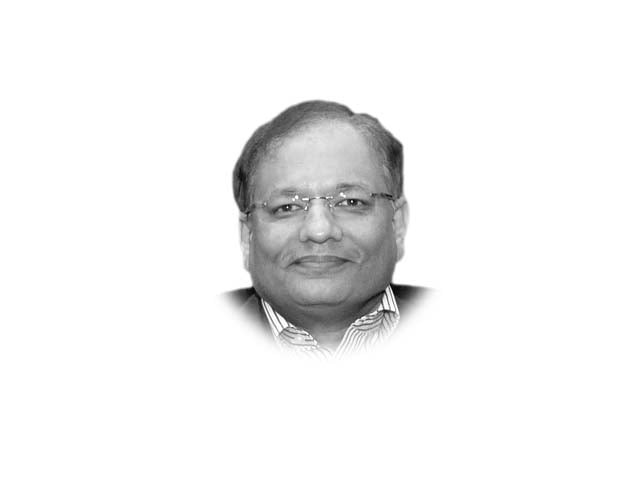Revitalising a neglected health cadre
Pakistan is faced with a critical health worker shortage, especially mid-level providers

The concept of community-based nursing and social work can be traced back to the advent of Islam. Rufaida Al Aslamia (born in 620 AD, in Medina) is considered to be the first Muslim medical social worker and nurse, who laid the foundations of community-based social healthcare. She participated in resolving social problems, took care of orphans, helped the destitute, and treated the sick.
In contemporary times, the concept of community healthcare through home visitation started in Britain around 1862, when a group of volunteers organised themselves to visit the homes of the poor to teach them about health and hygiene, and improve maternal and child health. In 1890, the concept was institutionalised in Britain with the introduction of paid workers called health visitors, which continues to this day. On the same lines, lady health visitors (LHVs) were introduced in Pakistan in 1951. The idea was to provide maternal and child health services to communities where there were no women doctors.
LHVs are registered with the Pakistan Nursing Council but their tasks are different from nurses who work in hospitals. Their role is to serve in the community. They attend a two-year diploma programme after matriculation. Over the years, their community-based work has diminished.
Pakistan is faced with a critical health worker shortage, especially mid-level providers. Out of 93,000 registered nurses in the country there are about 17,000 registered LHVs. At present, the density of physicians, nurses, and midwives per 1,000 population is around 1.45 in contrast to the recommended density of 4.45, needed for achieving the Sustainable Development Goal of Good Health and Wellbeing. Not surprisingly, the country’s poor health indicators, especially our maternal and child health indicators, have shown a resistance to change, predominantly in the rural areas, where the bulk of the population resides. Most of our health problems are socially mediated. They are linked to high fertility, unhealthy lifestyle, poor hygiene practices, taboos, and harmful social norms, which in turn are influenced by people’s socioeconomic status, literacy levels, the physical environment, employment, availability of social support networks, and access to healthcare.
In such a milieu, revitalising the role of LHVs could be a game-changer. Working as part of a primary healthcare team comprised of facility and community-based providers the LHV can play a multidimensional role as a community health educator, service provider, an advocate of people’s rights, and also — drawing inspiration from Rufaida Al Aslamia — as a change agent. In tandem with LHWs and community midwives, LHVs can identify community health problems, analyse them, and find workable solutions. They can also provide technical supervision to the community health workers and manage cases referred by them. They can create the balance, often missing, between preventive and curative care at the facility level by focusing more on neglected preventive care areas such as family planning, nutritional counselling, disease screening, and environmental sanitation.
Revitalising the role and optimising the work of LHVs will require a reassessment and revision of their job description to bring it in line with contemporary needs. It will also mean introducing a career pathway that allows more upward mobility; introducing a specialisation track and providing opportunities to improve qualifications; and offering a handsome salary package with monetary and non-monetary incentives linked to performance. These changes will attract more young women to join this cadre, enabling it to keep pace with the requirements of our expanding population.
Augmenting the health workforce with driven LHVs, each performing the combined functions of a community nurse, educationist, and social worker, will help overcome many of our intractable health problems.
Published in The Express Tribune, June 26th, 2021.
Like Opinion & Editorial on Facebook, follow @ETOpEd on Twitter to receive all updates on all our daily pieces.















COMMENTS
Comments are moderated and generally will be posted if they are on-topic and not abusive.
For more information, please see our Comments FAQ